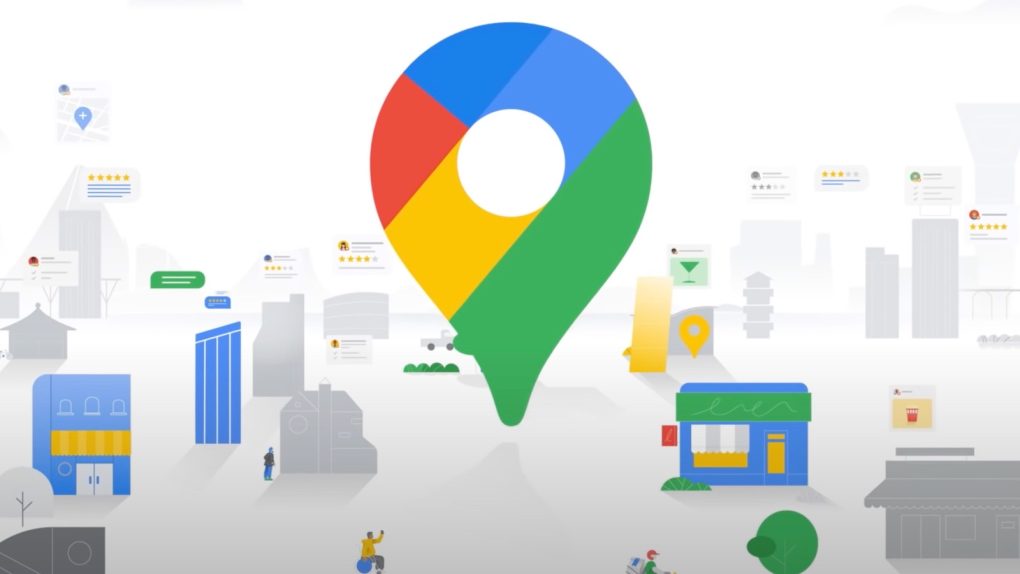Google Maps isn’t just a navigation app that directs you from A to B. It’s a discovery app that offers quick ways to find places of interest around you. Thanks to user-generated content, which includes reviews and photos, you can learn all about a restaurant, landmark, or neighborhood before you even get there.
All of that means malicious individuals will try to abuse Google Maps, including the review process. We’ve shown you the various ways Google polices Google Maps user-generated content to prevent abuse and potential harm to unsuspecting users. The company uses both AI and human teams to protect Google Maps users.
Now, Google just disclosed three other ways it prevents fake reviews on Google Maps. One of them explains why you can’t review places like prisons on Google Maps. Or why review-bombing isn’t likely to work.
Google said in a blog post that it gets over 300 million Google Maps contributors each year. They share experiences about more than 250 million places. Furthermore, Google Maps gets over 20 million reviews, photos, and business hour updates each day. That’s a lot of user-generated content to keep track of so you can eliminate the fake entries.
The company says it’s ready to respond quickly to real-time abuse. When its systems detect suspicious activity, Google can act. Like a group of people attempting to review-bomb a place of interest:
For example, earlier this year we saw a sudden spike in 1-star reviews on a local bar in Missouri. To stop the abuse, we disabled the rating function temporarily on the place SO that the bar’s rating would not be further affected. Meanwhile, we also removed policy-violating reviews and investigated the accounts that left the reviews.
Furthermore, Google is taking steps to prevent abuse ahead of sensitive moments. Google offered an example related to US elections. That’s when US polling stations tend to receive “contributions unrelated to the actual experience of visiting that location.”
In 2020, the company prevented Google Maps users from suggesting edits to phone numbers, addresses, and other factual information about voting sites to avoid misinformation.
Finally, Google has taken steps to prevent Google Maps abuse for places like prisons. Google found “user contributions to be consistently unhelpful, harmful, or off-topic” for “places that people go to without choice or places only accessible to people stationed or assigned there.” It’s not just prisons; the same thing applies to police stations and other similar institutions.
Google says it has specific policies for such places in Google Maps. It might limit contributions or block user-generated content completely. Google Maps will also inform users why they can’t review a certain place, or make other contributions.








